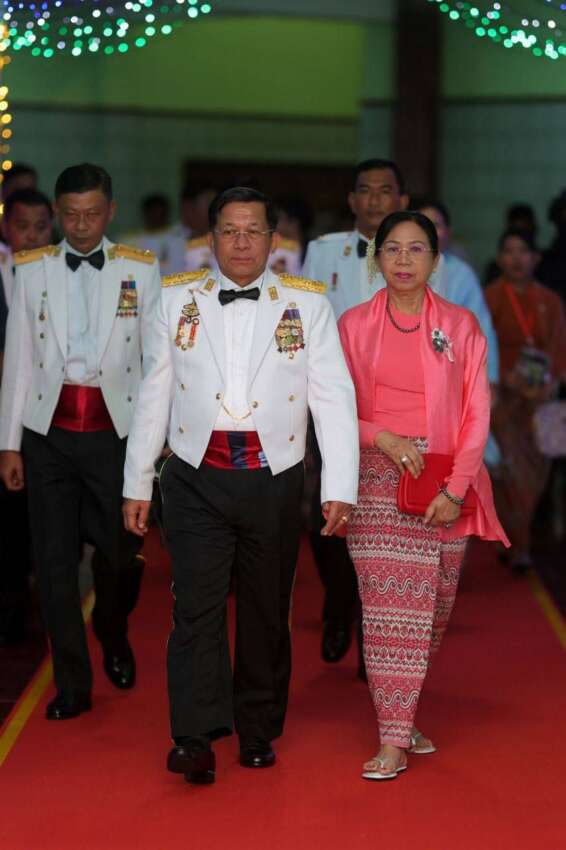
Eight years ago, on August 25, 2017, the Myanmar military carried out brutal genocide against Rohingya people in northern Rakhine State. The military systematically committed atrocities including burning villages, rape, torture, and ethnic cleansing, resulting in thousands of Rohingya deaths and forcing approximately 750,000 people to flee across the border into Bangladesh.
The Special Advisory Council for Myanmar (SAC-M) has questioned the international community’s failure to deliver justice for the ongoing suffering of Rohingya people in Rakhine State and Bangladesh. Since the military’s attempted coup in February 2021, brutal atrocities have continued across the country, with the military employing scorched earth tactics and launching offensives that have displaced over 3.3 million people internally.
The conflict between the military council and the Arakan Army (AA) has pushed Rohingya communities into increasingly dangerous situations. Since 2024, at least 150,000 Rohingya have fled Rakhine State, with most joining over one million Rohingya who are already living in cramped conditions in refugee camps in Bangladesh. The impact of aid cuts by the US and other donors has led to significant reductions in basic services in these camps.
The International Court of Justice has approved the Democratic Republic of the Congo, Belgium, Slovenia, and Ireland to participate in Myanmar’s genocide case. Additionally, an Argentine court has issued arrest warrants for Senior General Min Aung Hlaing and 24 other top Myanmar officials on charges of genocide and crimes against humanity against the Rohingya people. The British Embassy Head of Mission in Myanmar, Andrew Jackson, has also affirmed the UK government’s commitment to supporting justice and accountability for violence, working through mechanisms including the International Court of Justice (ICJ) and the UN’s Independent Investigative Mechanism for Myanmar (IIMM).



